Exploring Artificial Neural Networks: The Future of AI and Machine Learning
Exploring the Depths of Artificial Neural Networks: The Future of Machine Learning
In our last piece, we delved into the intricacies of large language models and the pivotal role they play in advancing the field of artificial intelligence and machine learning. Today, we venture deeper into the core of machine learning technologies—the artificial neural network (ANN)—unraveling its complexities, potential, and the trajectory it sets for the future of intelligent systems.
Understanding Artificial Neural Networks
At its simplest, an artificial neural network is a computational model designed to simulate the way human brains operate. ANNs are composed of interconnected nodes or neurons, which work in unison to solve complex tasks, such as image and speech recognition, and even driving autonomous vehicles—a field I’ve had hands-on experience with during my time at Harvard University.
The beauty of neural networks lies in their ability to learn and improve from experience, not just from explicit programming—a concept that’s central to machine learning and AI.
From Theory to Application: The Evolution of ANNs
The journey of neural networks from theoretical constructs to practical tools mirrors the evolution of computing itself. Initially, the computational cost of simulating numerous interconnected neurons limited the practical applications of ANNs. However, with the advent of powerful computational resources and techniques, such as deep learning, ANNs have become more efficient and accessible.
During my tenure at Microsoft, while specializing in Endpoint Management, the potential of utilizing deep learning models for predictive analytics in cybersecurity was becoming increasingly evident. The ability of ANNs to learn from vast datasets and identify patterns beyond human capability makes them indispensable in today’s digital world.
Current Challenges and Ethical Considerations
Despite their potential, the deployment of artificial neural networks is not without challenges. One significant hurdle is the “black box” phenomenon, where the decision-making process of deep neural networks is not easily interpretable by humans. This lack of transparency raises ethical concerns, especially in sensitive applications such as healthcare and law enforcement.
Moreover, the data used to train neural networks can inadvertently introduce biases, resulting in unfair or prejudiced outcomes. Addressing these challenges requires a concerted effort from researchers, engineers, and policymakers to ensure that artificial neural networks serve the greater good.
The Future of Artificial Neural Networks
The future of ANNs is poised on the brink of transformative advancements. Technologies like quantum computing offer the potential to exponentially increase the processing power available for neural networks, unlocking capabilities beyond our current imagination.
In my advisory role through DBGM Consulting, Inc., I’ve emphasized the importance of staying abreast with emerging trends in AI and machine learning, including explorations into how quantum computing could further revolutionize ANNs.
Moreover, as we refine our understanding and technology, the applications of artificial neural networks will expand, offering unprecedented opportunities in areas like environmental conservation, where they could model complex climate systems, or in healthcare, providing personalized medicine based on genetic makeup.
Conclusion: Navigating the Future with ANNs
The journey into the depths of artificial neural networks showcases a technology rich with possibilities yet confronted with ethical and practical challenges. As we forge ahead, a meticulous and ethical approach to their development and application remains paramount. The future of ANNs, while uncertain, is undeniably bright, holding the promise of unlocking new realms of human potential and understanding.
Complementing my lifelong interest in physics, math, and quantum field theory, the exploration of artificial neural networks and their potential impact on our future is a journey I am particularly excited to be on. Engaging with these complex systems not only fuels my professional endeavors but also aligns with my personal pursuit of understanding the universe’s deepest mysteries.
Let us embrace the future of artificial neural networks with optimism and caution, recognizing their power to reshape our world while steadfastly committing to guiding their growth ethically and responsibly.
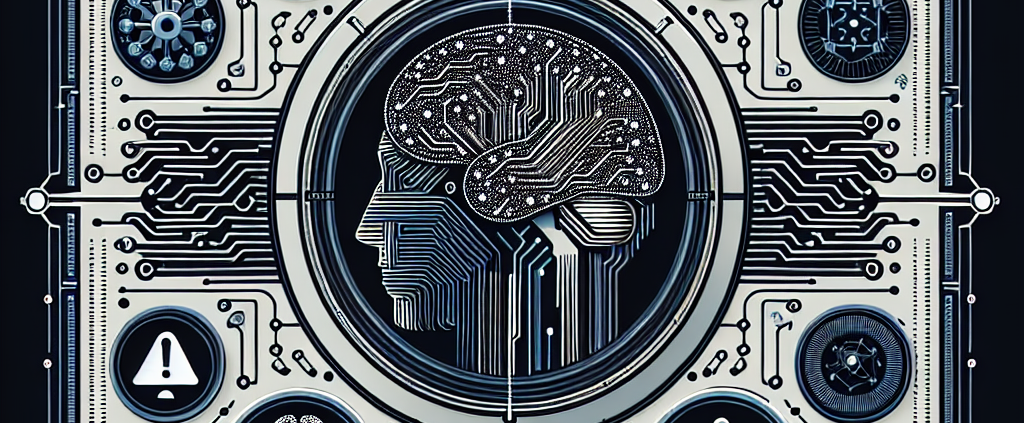
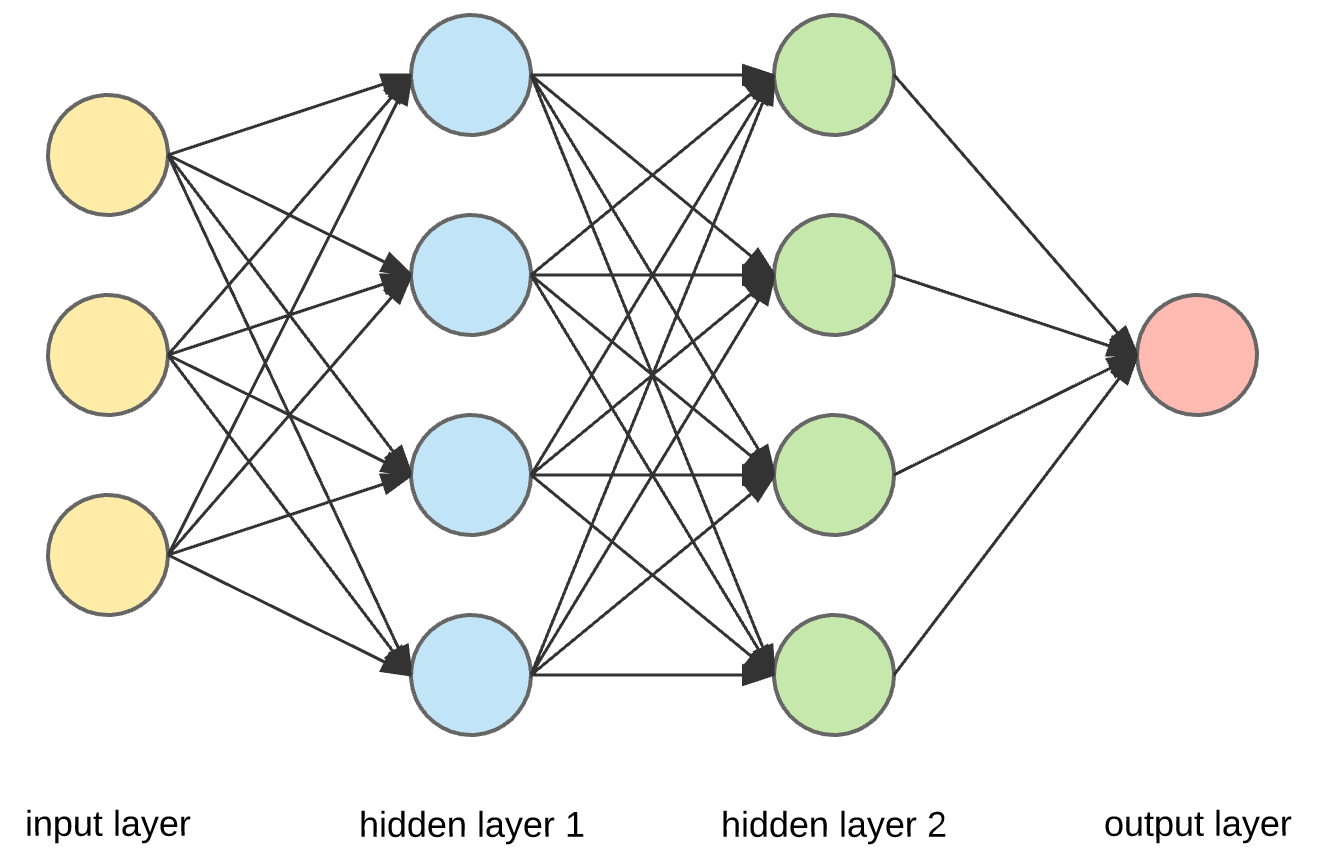
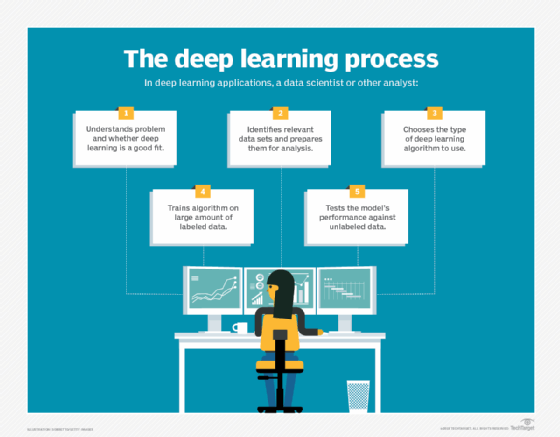
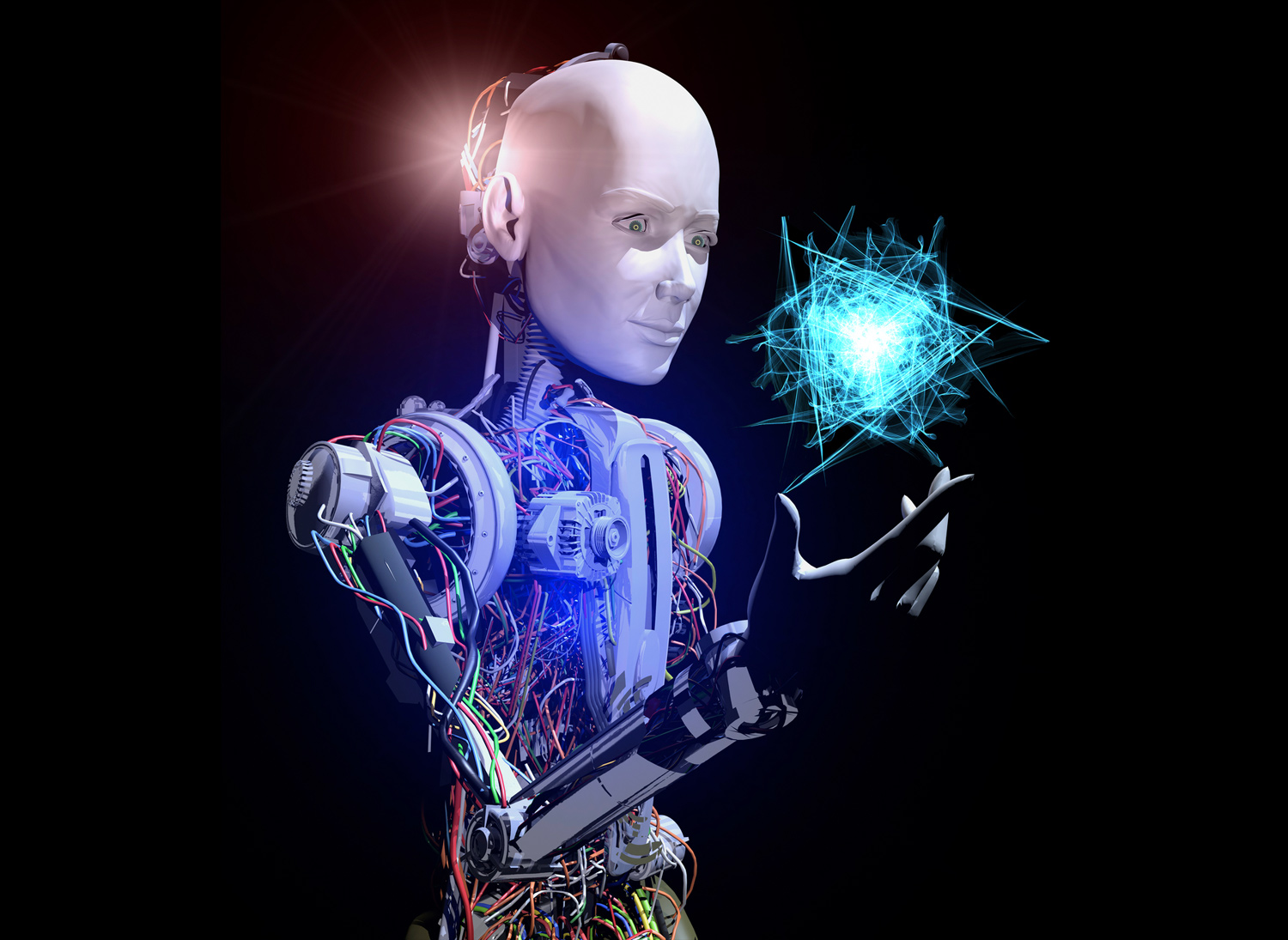

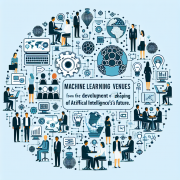
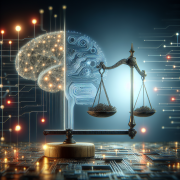
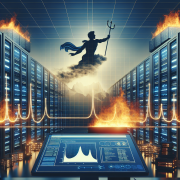

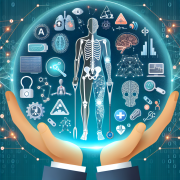


Leave a Reply
Want to join the discussion?Feel free to contribute!